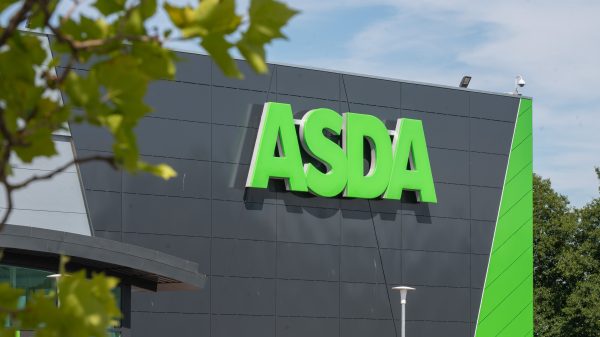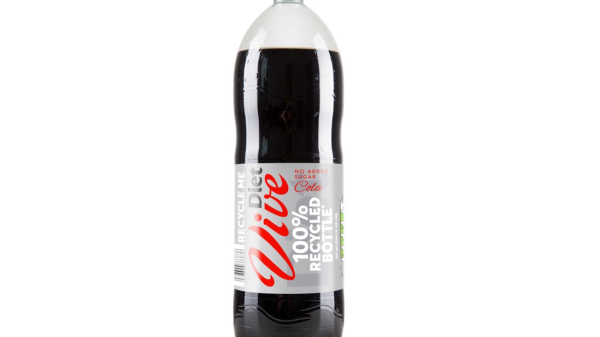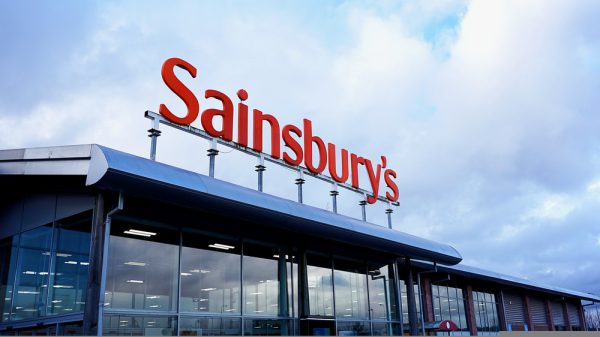Consumers across the UK are eager to make up for the “lost Christmas” of 2020.
However, with the sector struggling under a deficit in workers and panic buying surging once again, Christmas food shortages appear to be on the horizon, especially with the rise in Covid cases.
So, what is to blame for the less-than-merry Christmas forecast for 2021?
Government delays
Blame has been laid squarely at the government’s feet by the food industry in the run-up to the holiday season.
Despite the British Chambers of Commerce co-executive director Hannah Essex claiming that the organisation has been “warning government about critical labour shortages for months now”, Transport Secretary Grant Shapps said ministers were “taking steps at the earliest opportunity” to deliver Christmas essentials.
Sector leaders countered that the government declined to intervene, despite repeated warnings, until the crisis imploded.
However, Junior Transport Minister Charlotte Vere reportedly told industry chiefs, when first warned about the looming sector crisis, that there was “a perception that the industry is crying wolf.”
READ MORE: NFU urges government action on labour shortages
Panic buying
Anxiety over food supplies is spiking across the country, with 55 per cent of consumers citing fears that food will run out by the time the festive season arrives.
A report from Lumina Intelligence indicated that 34 per cent of UK customers will buy their Christmas food and drink by the end of October, if they haven’t already.
According to Iceland, sales of Turkey are up 409 per cent year on year and mince pie sales are up by 10 per cent.
Waitrose also reports that 22,000 people had booked a Christmas delivery slot as of October 2, twice the number of this time last year.
Lumina Intelligence insight director Blonnie Whist warned that retailers “need to communicate clearly with shoppers to ensure purchasing behaviours do not hit the extremes of April 2020.”
READ MORE: Warnings of Christmas chaos prompt festive panic-buying
Food industry workers (poultry)
The British Poultry Council (BPC) said that one-fifth fewer turkeys have been put down since this time last year.
However, BPC chief executive Richard Griffiths told The Financial Times that consumer choice will suffer on pre-prepared varieties of birds, thanks to a lack of workers to handle the Christmas rush.
An influx of 5500 poultry workers have been granted emergency Covid-19 visas to enter the UK, but the industry has warned that this will not be enough to mitigate the damage dealt by Brexit and the coronavirus pandemic.
Griffiths claimed that visas take “three to four weeks to process in a best-case scenario”, and that “the build-up for Christmas needs to start in early November”.
“There is a feeling across producers that it’s ‘too little, too late’ and this should have been done six months ago,” he said.
BCC’s Essex added: “Whilst businesses will welcome that government is finally taking action, this scheme does not go far enough.”
READ MORE: Government ‘confident’ there will be turkeys for Christmas
Food industry workers (pork)
Meat processors have warned about similar shortages for festive treats such as pigs in blankets.
The National Pig Association (NPA) recently urged the government to add pork processors to the Temporary Workers visa scheme to avoid the largest culling of pigs in UK history.
The Association of Independent Meat Suppliers also told the BBC in August that the sector had a deficit of 14,000 workers, with abattoir workers and butchers listed as the positions with the highest number of vacancies.
The government finally announced on October 15 that 800 pork butchers will be allowed into the UK on a six-month temporary visa under the Seasonal Workers pilot scheme to assist the struggling sector.
READ MORE: Government allows up to 800 butchers to enter UK on temporary visas
HGV crisis
Iceland managing director Richard Walker has highlighted the issues surrounding the HGV driver crisis like labour shortages.
As a result, Walker said, supermarkets are “fishing in the same inadequately stocked pond.”
The government responded to the deficit of 100,000 HGV drivers by adding 5000 hauliers to the temporary visa scheme to enter the UK on a short-term basis.
“We have listened to concerns from the sector and we are acting to alleviate what is a very tight labour market,” Environment Secretary George Eustace said.
British Chamber of Commerce president Ruby McGregor-Smith has described the government’s approach as using “a thimble of water to put out a bonfire.”
READ MORE: ‘Skills bootcamps’ expanded to train HGV drivers to ease supply-chain crisis
Click here to sign up to Grocery Gazette’s free daily email newsletter










